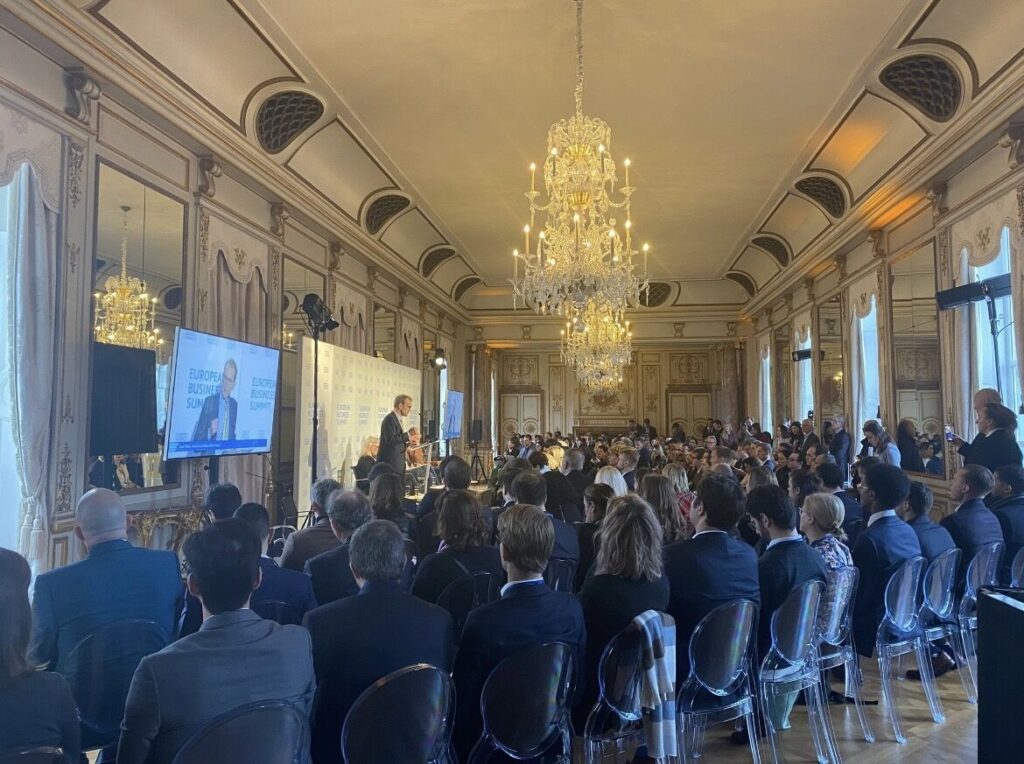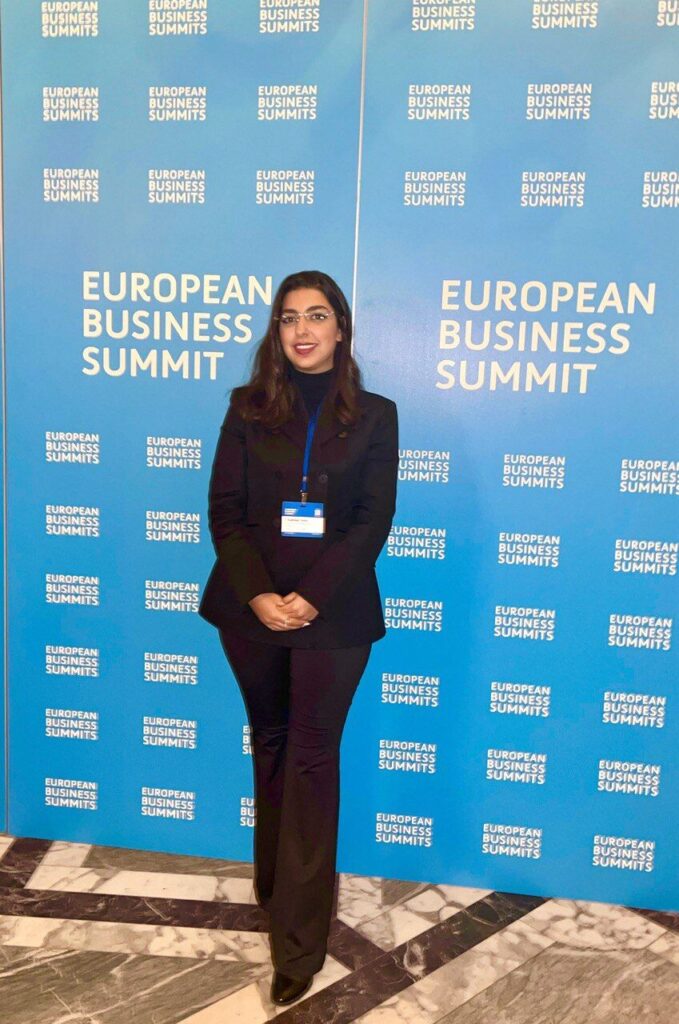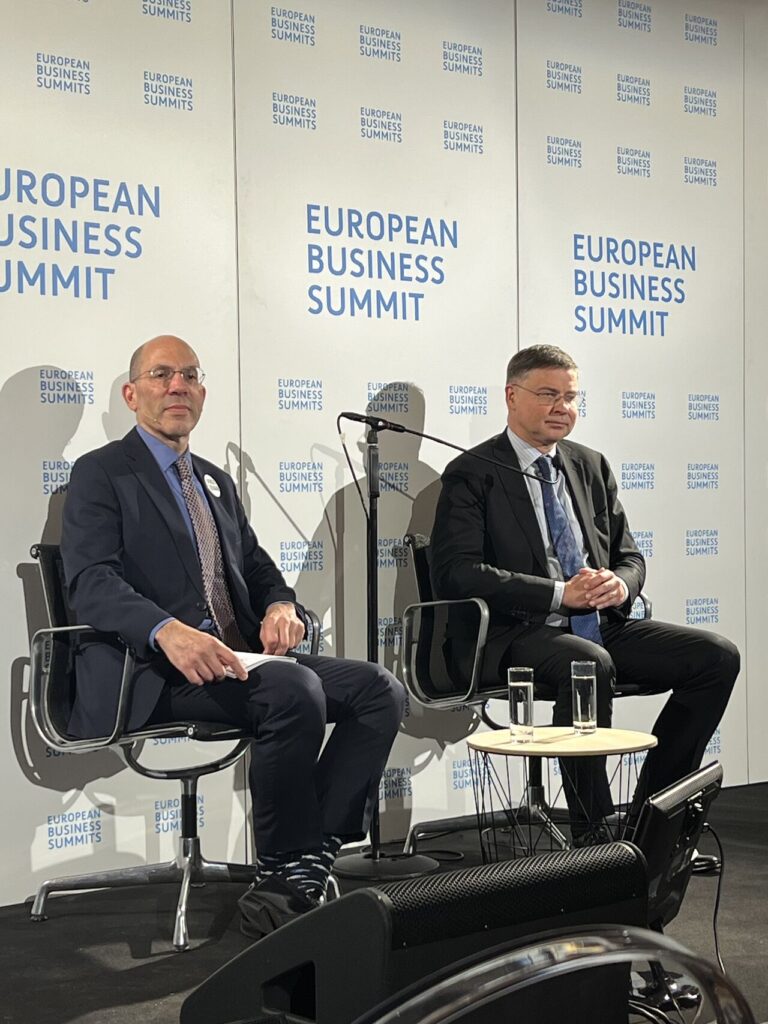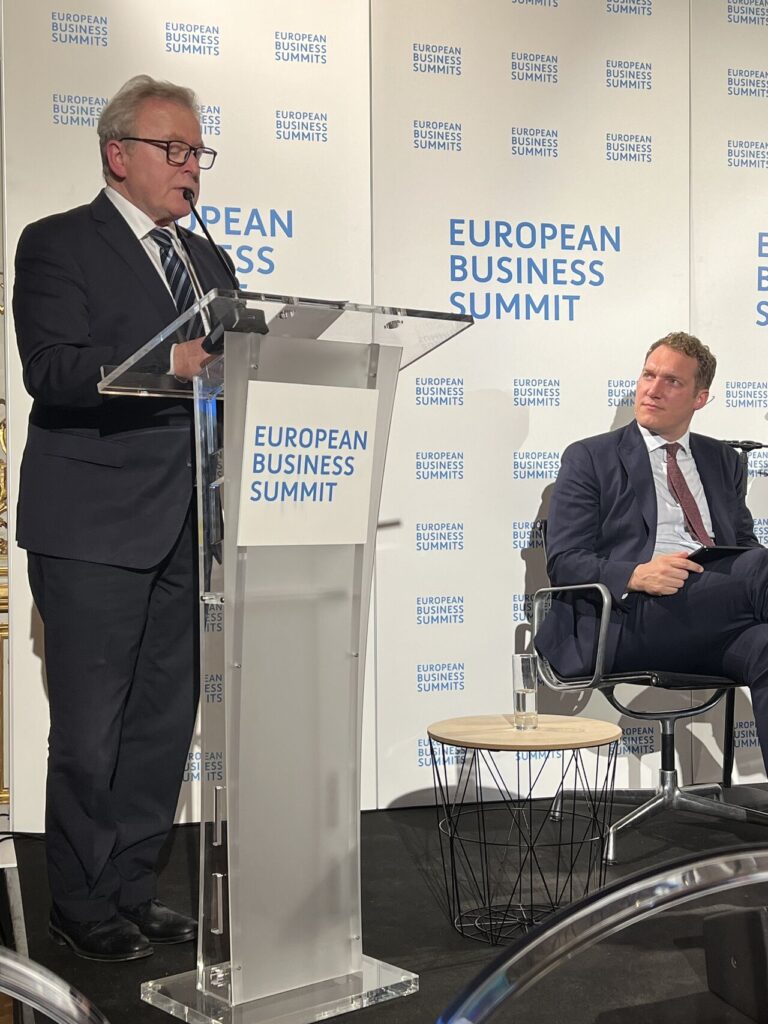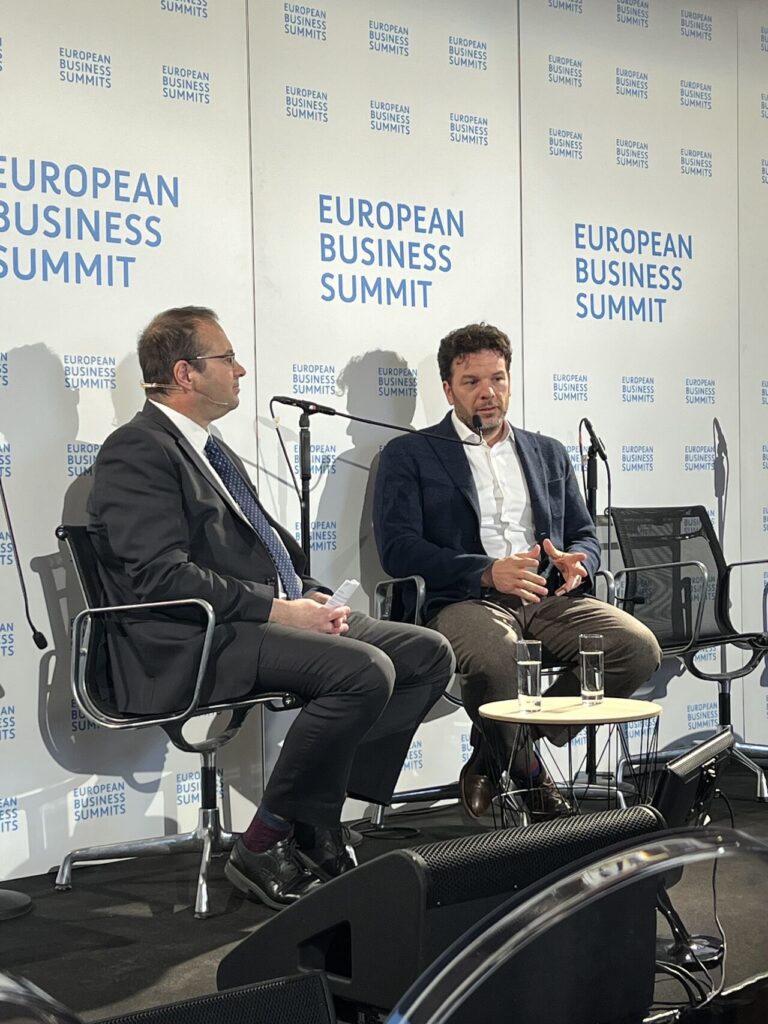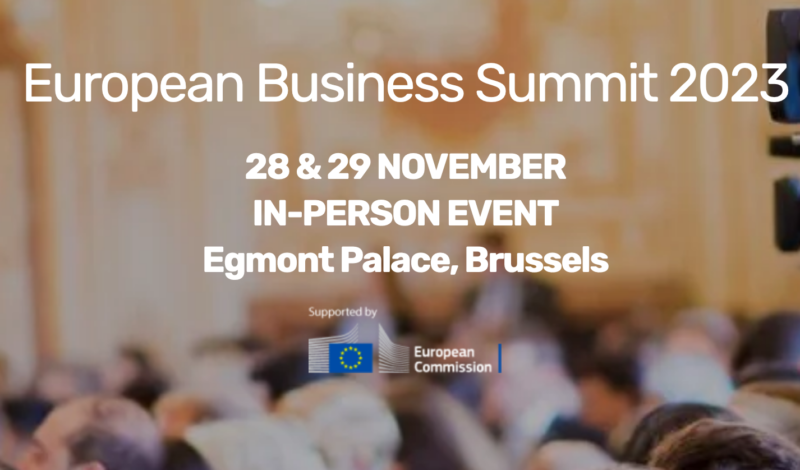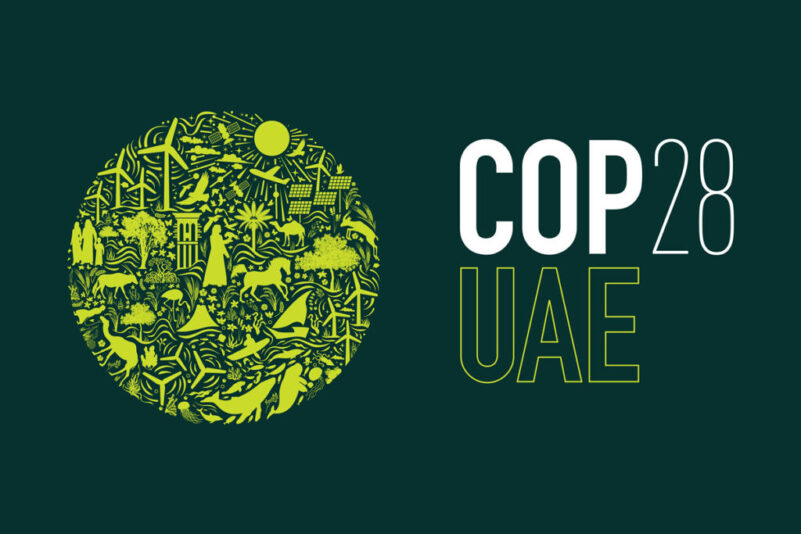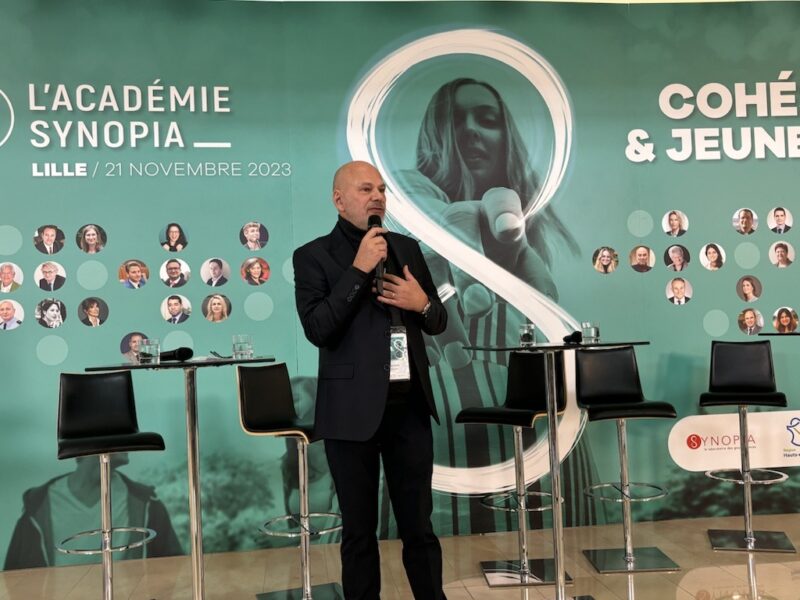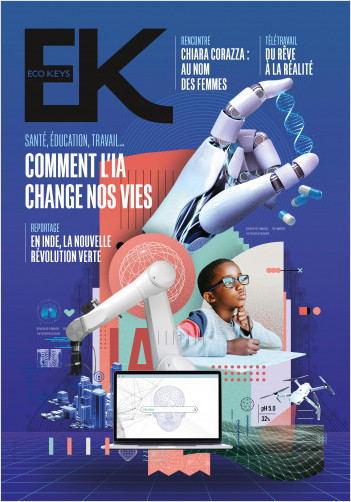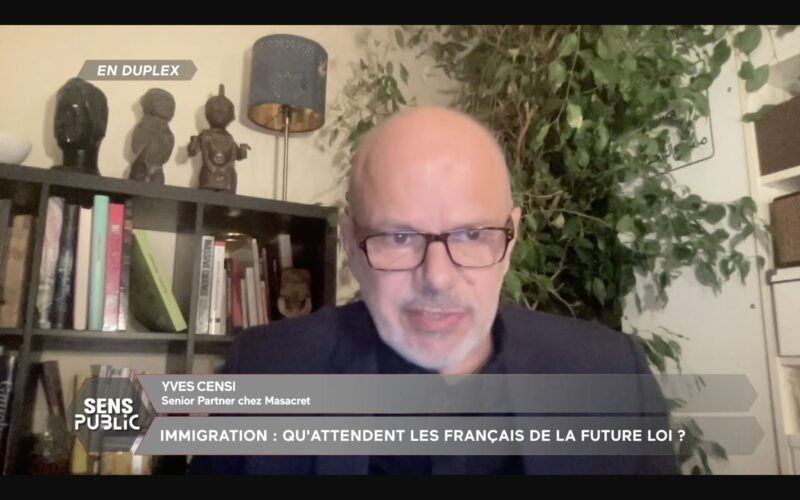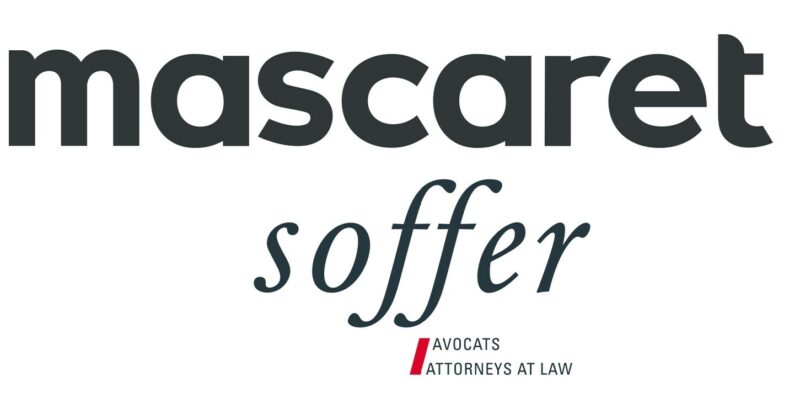Who are young French people? Our latest exclusive survey reveals that clichés don’t always reflect reality: 8 out of 10 of the youth are proud to be French, and 7 out of 10 are optimistic about the future, even though half believe they are suffering from a social downgrade compared to their elders! Yves CENSI, Senior Partner of Mascaret, was at the #AcademieSynopia to detail these results.
The Synopia Academy took place on Monday 21st, organized by our partners Synopia, the Governance Laboratory, in association with the World Forum for a Responsible Economy. Synopia gives the floor to eminent speakers from the institutional, political and economic worlds, to inspire debate on societal and governance issues. Yves CENSI, Senior Partner of Mascaret, took advantage of the event to present the exclusive results of our ODOXA survey on youth in France.
This survey examined French perceptions of today’s youth, comparing the views of 18-34 year-olds with those of the general population. Beyond the sometimes spectacular confirmations, it also brings its share of surprises and goes against certain preconceived ideas.
It’s important to remember that 80% of 18-34 year-olds surveyed said they were #proud to be French. This is more or less the same level as their elders (79%), and flies in the face of the widespread preconception that young people no longer feel any attachment to their country.
They are also more #confident in the future: 51% say they are optimistic and 21% very optimistic. They are therefore more hopeful than the general population (68% in total). It should be noted, however, that feelings of #apathy and #discouragement are also higher (respectively 49 and 54% vs. 41 and 45%): young people are therefore more likely to often feel extreme emotions.
This is borne out by their sense of #socialclassification: half of 18-34 year-olds think their situation is worse than that of their parents at their age. And only a quarter think it’s better. These figures are similar to those for the general population, but are steadily rising: only 17% felt downgraded in 2002.
As a logical result, all generations agree on one point: three-quarters of those surveyed are convinced that young people are being let down by public policies. This trend is reflected in a crisis of #confidence and a record #abstention (42% of 18-24 year-olds). Young French people tend to #engage in an associative cause (81%), reflecting their strong desire for solidarity.
This survey reshuffles the deck when it comes to the perception of young people in France, far from the clichés that are all too often perpetuated. It’s a message that needs to be conveyed loud and clear by all the country’s socio-economic players. Visit our website for the full #survey and our #analyses.
